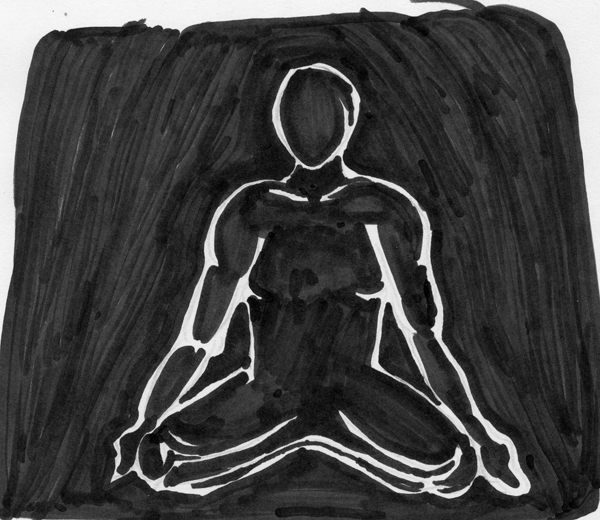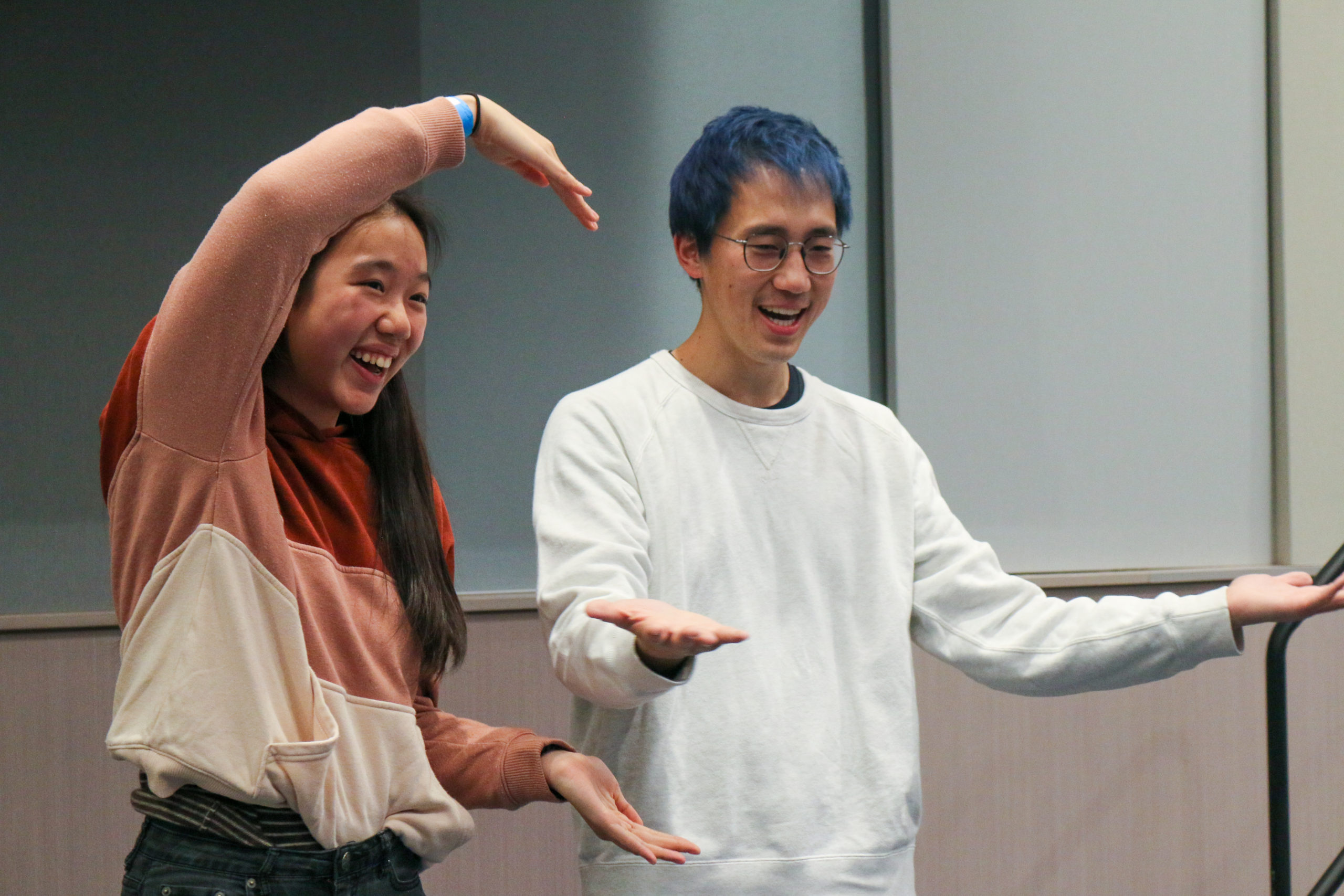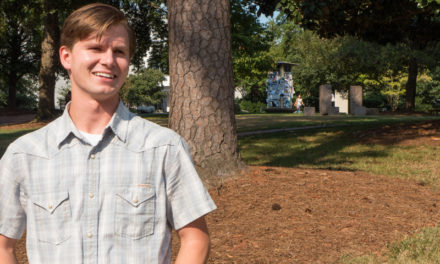When was the last time you closed your eyes and just relaxed? When did you really think about the things in your life, and why they were going the way they were? If your answer is that you just cannot remember, here is a way to remedy the situation: Sanitas, an eight-week long meditation program organized by Emory Second Nature, a student group on campus that strives to promote not just physical health, but also emotional, social, spiritual, environmental and mental health.
The first session of Sanitas will take place this Sunday, Feb. 10 at 10:30 a.m. in the Winship Ballroom. Registration is $5 and regular registration will be accepted until this Sunday, after which the fee will increase.
The aim of Sanitas, which means health in Latin, goes beyond mediation into “trying to build a sense of community … and tying all the aspects of health into one program,” described Ellen Chiang, the co-Program Chair of Sanitas. The program will start with a half-hour of community building activities, followed by an hour of guided meditation. The community building will take place through ice-breakers, discussions wherein participants will voice any troubles they are having and corresponding suggestions other participants give.
“We want to emphasize the importance of trust, honesty, open-mindedness and vulnerability during the sessions,” Monica Isgut, co-Program Chair of Sanitas, explained.
Throughout the program, participants will be exploring four different types of meditation: basic stabilizing meditation, mindfulness meditation (which is the next level up), love and kindness meditation and compassion meditation (which is one of the harder forms). Students will be guided by trained instructors who are experts in their styles of meditation like Director of Tibetan Studies Tara Doyle and Senior Lecturer in the Religion Department Barbara Patterson. Shenila Lallani, president of Emory Second Nature, hopes to improve participants’ mental and physical health via meditation and positively impact their social and emotional health through community building and social interaction; thus intertwining different areas of health into one program.
Why meditation, you may ask?
“In America, there is an emphasis on mental illness but not on mental health … just because you’re not mentally ill doesn’t mean that you are mentally healthy or at your holistic potential,” Chiang said.
Mediation, she went on to explain, can be a healing process.
According to Lallani, many research articles have been published showing that meditation reduces stress bio-markers in the body.
“We’re going to make this as scientifically-based as possible,” she added.
Emory Second Nature wants “to show students how easy it is to incorporate certain aspects of holistically healthy living into their own lifestyles,” Lallani said.
Typically, the group plans monthly activities like yoga, journal writing or intimate small group discussions directed at a specific aspect of health. However, at a meditation event last semester, Emory Second Nature realized they were not creating the lasting impact they wanted to. Having a limited number of sessions restricted participants from being able to learn enough about meditation to implement it into their daily lives. Isgut suggested a semester long meditation program and Sanitas was born. With this, Emory Second Nature hopes not only to encourage meditation but also to give participants the tools with which to implement it independently into their own lives.
Chiang only recently got more involved with Emory Second Nature.
“I think their thought process behind coming up with this program is right on because I tried meditation a few times,” Chiang said, “Just having a session here and there is great but I couldn’t maintain it myself, I had no one to encourage me or talk about it with. This program is looking to help students who are interested in this incorporate it into their daily lives.”
At the same time, Emory Second Nature is not solely a meditation group. Neither are they the only resource on campus to aid students wanting to meditate.
“I think one thing that makes our program stand out from others is that we’re a sampler meditation course, so students can see what type of meditation they are most comfortable with,” Lallani said.
This is the first time Emory Second Nature is organizing what they call a “holistic health initiative.” Emory Second Nature hopes in the future to be able to hold multiple such initiatives, in addition to Sanitas and their monthly programs. They plan to expand them into different areas like community building, community service or physical health.
– By Tanvi Lal
The Emory Wheel was founded in 1919 and is currently the only independent, student-run newspaper of Emory University. The Wheel publishes weekly on Wednesdays during the academic year, except during University holidays and scheduled publication intermissions.
The Wheel is financially and editorially independent from the University. All of its content is generated by the Wheel’s more than 100 student staff members and contributing writers, and its printing costs are covered by profits from self-generated advertising sales.






